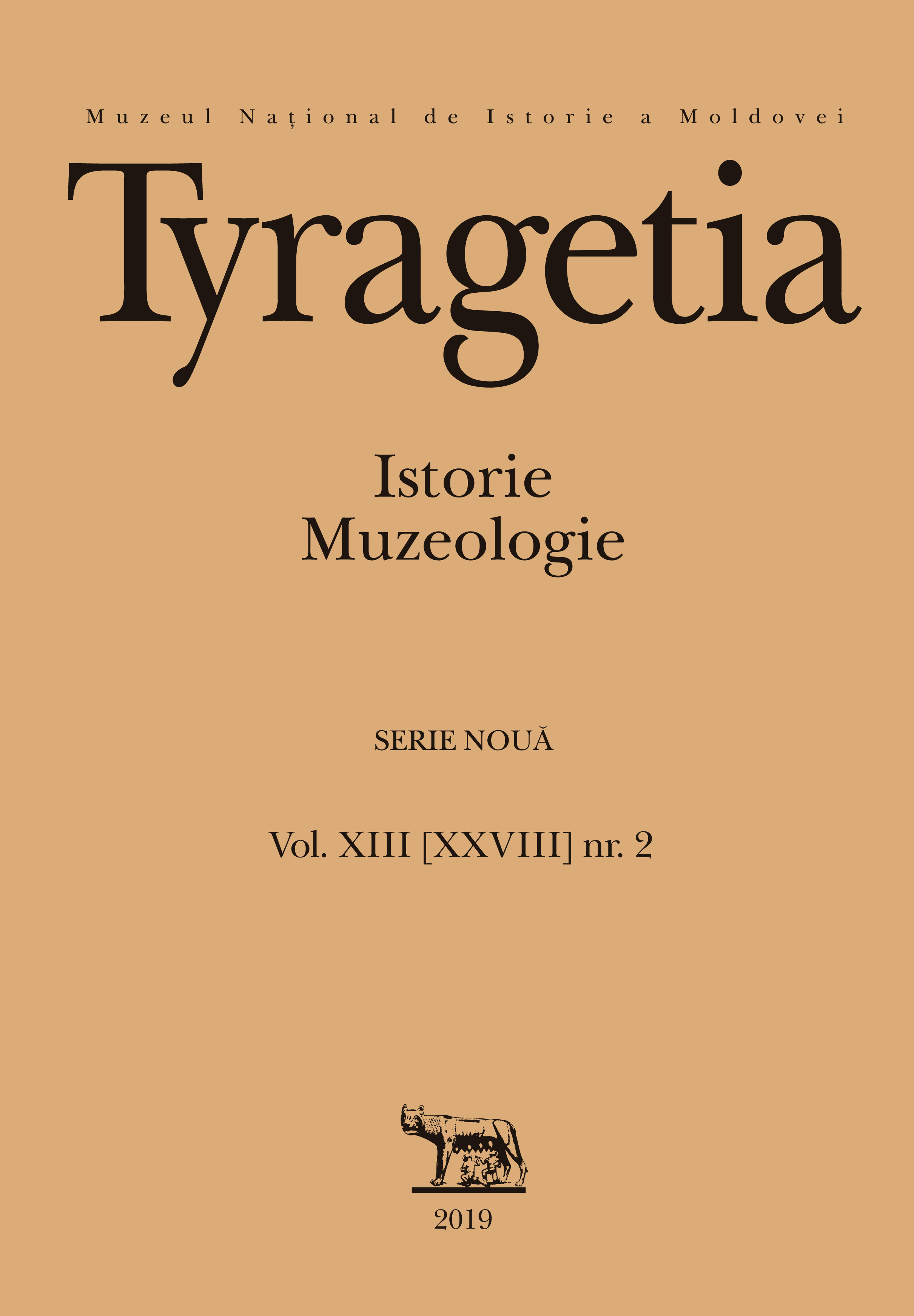The issue of compensation for expropriated Polish citizens in Romania in relations between Warsaw and Bucharest in the interwar period
The issue of compensation for expropriated Polish citizens in Romania in relations between Warsaw and Bucharest in the interwar period
Author(s): Henryk WalczakSubject(s): Diplomatic history
Published by: Muzeul Naţional de Istorie a Moldovei
Keywords: compensation; expropriated Polish citizens in Romania; the interwar period;
Summary/Abstract: In March 1921, a Polish-Romanian alliance was established which was to constitute a safeguard against the threat of Soviet Russia. In the course of negotiations Polish diplomacy presented a desideratum that the Romanian government would pay to Polish citizens compensation for their estates lost in Bessarabia as a result of implementing the agrarian reform in Romania. For tactical reasons, Warsaw did not adopt similar procedures with regard to the properties lost by Poles in Bukovina and Transylvania. A compromise on the compensation Bessarabia was not made, despite attempts, during the alliance negotiations or subsequent months and years, even though in 1926 Poland made the extension of the alliance with Romania dependent on settling this matter. Bucharest, however, effectively resisted the pressure and the settlement, not fully satisfying Warsaw, took place only in 1930.The finalizing issue of the compensation in Bessarabia was accompanied by the matter of obtaining indemnification from Romanians for land property lost by Polish citizens in Bukovina and Transylvania. The mediation of the Republic of Poland in the negotiations for the Romanian-Soviet non-aggression pact facilitated Polish-Romanian talks regarding the reparations. In January 1932, an oral agreement between the delegates of both countries was reached. However, under a trivial pretext, the Romanians torpedoed it, and all the attempts to resume the negotiations made by Poles failed. This attitude was the result of the re-evaluation in Romanian foreign policy which, when directed by Minister Nicolae Titulescu, aimed at the loosening of the alliance with Poland. The situation seemed to change in 1937, when the relationship between the two countries strengthened again. However, the talks held at the time regarding the compensation proved to be unsuccessful. This was resulted not only from the Romanian reluctance to make payments but also from the hard stance of Warsaw in the matter of compensation for Romanian citizens whose property was nationalized in Poland.
Journal: Tyragetia (Serie Nouă)
- Issue Year: XIII/2019
- Issue No: 2
- Page Range: 205-216
- Page Count: 12
- Language: English

